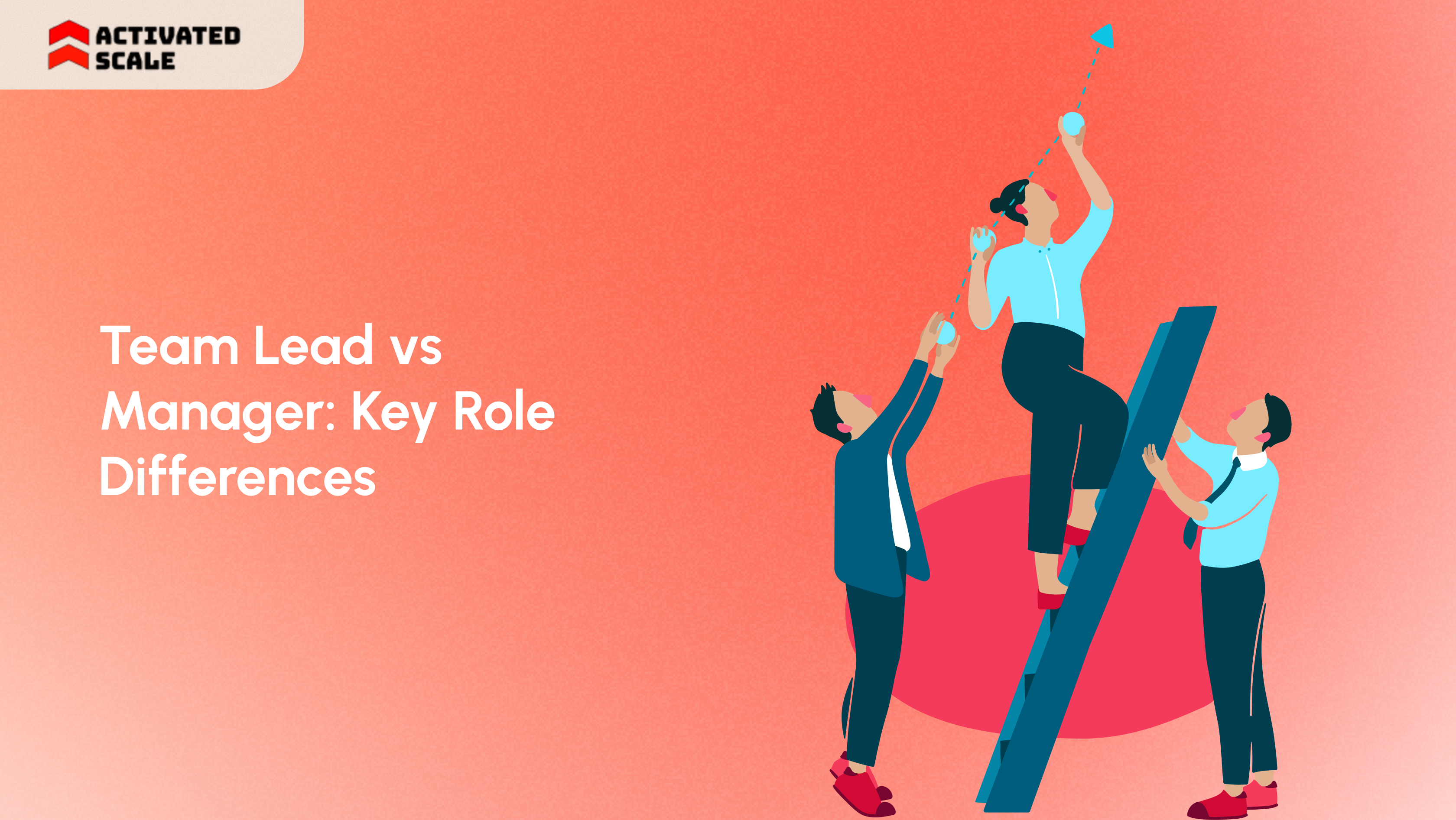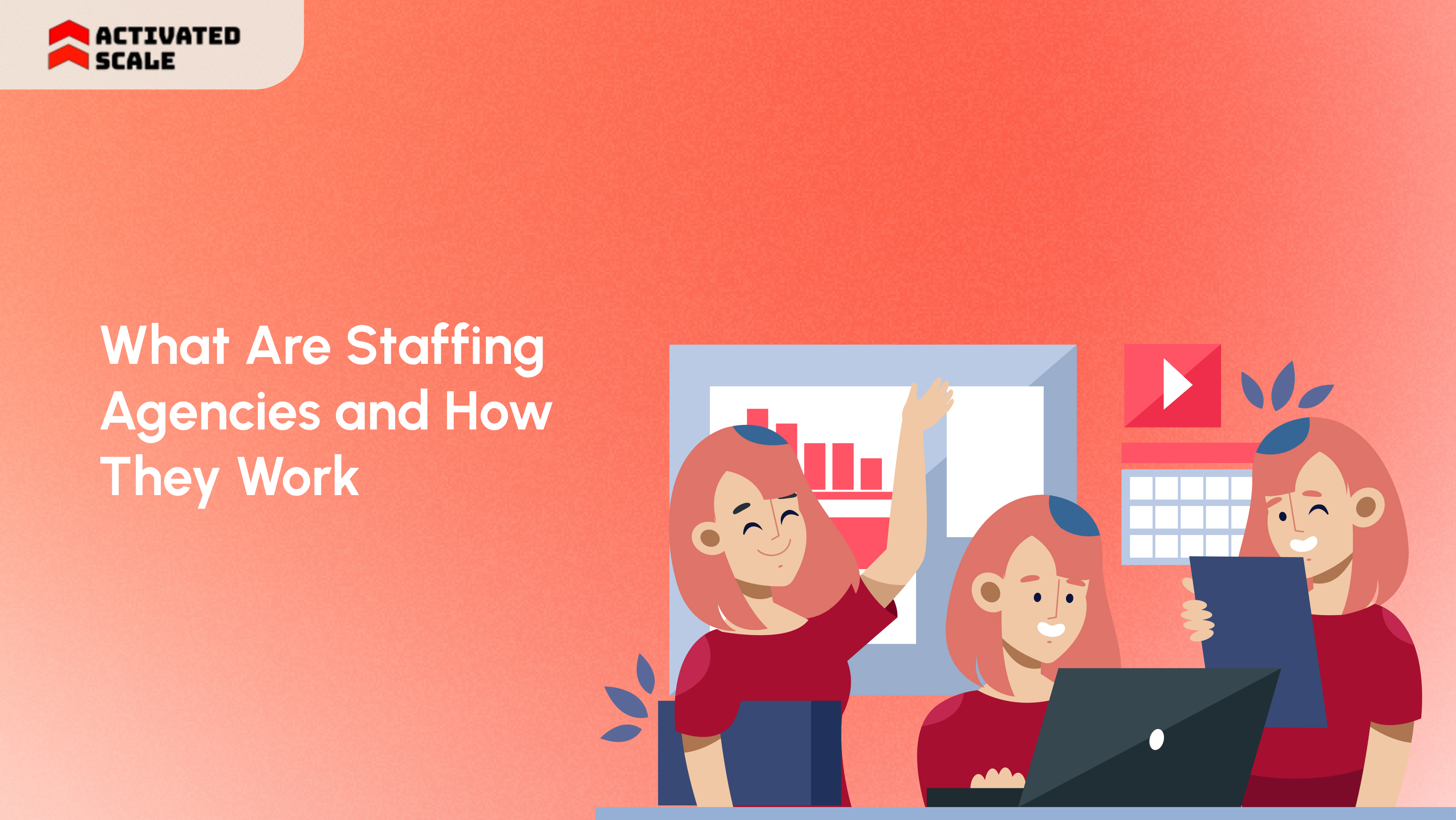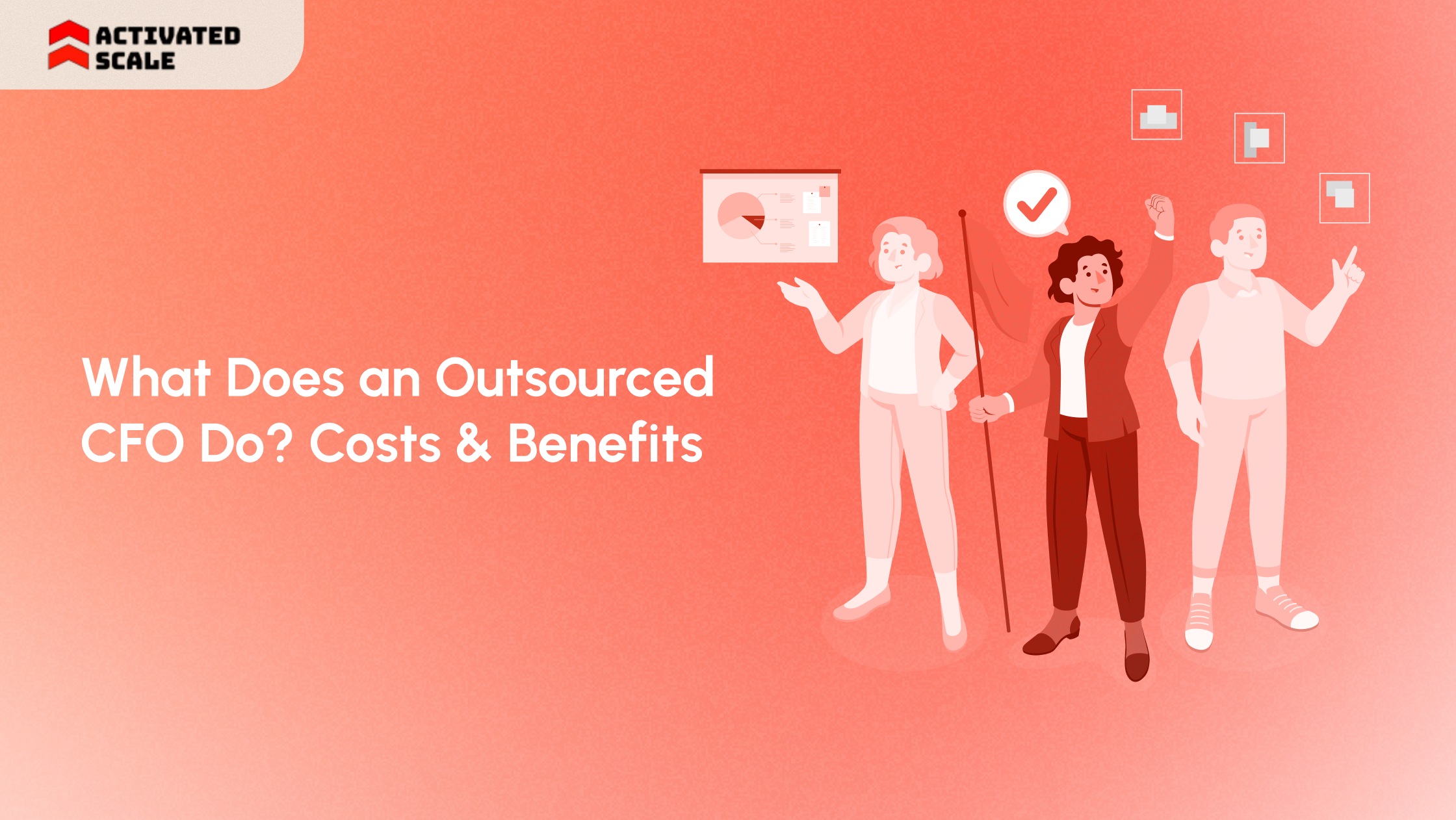People don’t buy products, they buy transformations! For high ticket sales, this insight is more than a mantra; it’s the reality. In 2024, U.S. travel agency air ticket sales soared to $99.2 billion, marking the highest annual total recorded by ARC.
This surge shows a growing market where consumers are willing to invest significantly in premium experiences.
Yet closing these substantial deals isn't about flashy pitches or aggressive tactics. It's about understanding the nuanced psychology of high-value clients, building genuine trust, and articulating a compelling value proposition.
As the market evolves, learning the art of high-ticket sales closing becomes essential for professionals aiming to thrive in this lucrative arena. Today, we will learn about high-ticket sales closings and some key strategies for mastering this process!
What is High Ticket Sales Closing?
High-ticket sales closing is the process of finalizing sales deals involving premium, high-value products or services, typically priced at $2,000 or more.
Unlike everyday transactions, this type of closing relies on deep trust, personalized communication, and a consultative approach to justify the investment.
Here’s why it is important:
- Bigger Revenue, Fewer Clients
High ticket closers can achieve impressive income goals with fewer transactions. This means less time chasing dozens of small sales and more time nurturing strategic, high-value relationships that yield higher commissions and long-term growth.
- Builds Deep Customer Relationships
Closing high-value deals requires meaningful conversations, personalized offers, and solving real pain points. This naturally leads to deeper relationships, which can result in repeat business, referrals, and even client loyalty that lasts for years.
- Enhances Brand Positioning
High ticket offers elevate your brand’s market perception. Successfully closing premium deals positions you as a trusted expert, not just a salesperson, making your business more desirable to affluent, serious buyers.
- Encourages Personal Growth
You can’t close high ticket deals without sharpening your skills in persuasion, emotional intelligence, and problem-solving. Each sale becomes a masterclass in psychology, communication, and leadership, accelerating your development as a professional.
Mastering high-ticket sales closing is more than a sales strategy; it’s a business mindset. To truly understand its impact, let’s explore how it compares to low-ticket closing and where the two approaches fundamentally diverge.
Key Differences Between High Ticket and Low Ticket Closing
Selling a $50 product and closing a $5,000 deal are two entirely different things. While both aim for conversion, the approach, mindset, and strategy differ massively.
High ticket closing is rooted in value and relationship-building, whereas low ticket closing thrives on volume and speed.
Here’s a side-by-side look at what truly sets them apart:
While low ticket sales are perfect for scaling through automation, high ticket closing thrives on human connection and strategic influence.
Whether it's high-ticket closing or low-ticket closing, you need a good team! Here at Activated Scale, we help you hire vetted salespeople with experience selling to your target market at a similar ACV. Our flexible approach connects you to sales talent who work part-time or full-time and grow with your company as its needs change.
Now that we understand the differences, let’s walk through the actual process of successfully closing high-ticket deals step by step.
Process of High Ticket Sales Closing

Closing a high ticket deal requires a properly planned process that includes smart listening and precise execution.
Here’s a step-by-step breakdown of how successful closers guide prospects from curiosity to conversion:
Step 1. Identify and Qualify the Right Leads
Not every lead is worth pursuing. High ticket closers begin by identifying prospects who actually have the need, budget, and authority to make a decision. Qualification saves time and allows focus on serious buyers who are more likely to convert and truly benefit from the offer.
How to do it:
- Use lead scoring based on firmographics and buying signals
- Ask qualifying questions early in the conversation
- Focus on decision-makers, not just influencers
- Check if your solution aligns with their stage of business
Step 2. Build Rapport and Trust
People buy from those they trust. This step involves genuine conversations, not scripts, and showing real interest in the prospect’s goals.
Building rapport creates comfort and openness, setting the foundation for honest discussions and establishing the credibility needed to close a high-value sale.
How to do it:
- Mirror their tone and pace to build comfort
- Share quick stories or case studies that they can relate to
- Show empathy and active interest in their challenges
- Avoid sounding overly scripted, stay natural
Step 3. Deep-Dive Discovery Call
A well-executed discovery call uncovers pain points, aspirations, and decision-making drivers. Instead of pitching, this step is about listening and guiding.
The goal is to understand the root problems the buyer wants solved, so you can later position your offer as the perfect solution.
How to do it:
- Prepare smart, open-ended questions in advance
- Listen more than you talk (80/20 rule)
- Take detailed notes for reference during the pitch
- Identify the emotional drivers behind their decision
Step 4. Present a Tailored Offer
This isn’t about listing features. It's about framing your solution in the context of their specific problems. A tailored presentation shows the buyer you listened, you understand, and you can deliver real transformation, which is key to justifying a premium price.
How to do it:
- Use their own words when describing the solution
- Highlight benefits tied to their goals and pain points
- Include proof like case studies or metrics that match their situation
- Keep it clear and focused, avoid overloading them with details
Step 5. Handle Objections Thoughtfully
Objections aren’t rejections, they're opportunities. High ticket closers treat resistance with patience, empathy, and curiosity. Instead of pushing back, they explore the concern, validate the prospect’s feelings, and provide thoughtful clarity that moves the conversation forward.
How to do it:
- Pause and listen fully before responding
- Acknowledge the concern with empathy
- Ask clarifying questions to understand the root issue
- Reframe the objection into an opportunity or strength
Step 6. Close with Clarity and Confidence
Once all concerns are addressed, it’s time to ask for the close, calmly and confidently. No gimmicks or pressure tactics. Just a clear invitation to move forward with the solution, followed by confirming the next steps and reinforcing the buyer’s confidence in their decision.
How to do it:
- Summarize key benefits and agreed points
- Ask a closing question with the positive assumption (“Shall we move ahead this week or next?”)
- Clearly explain what happens after the deal is closed
- Reinforce their confidence by highlighting expected results
Every step in high ticket closing is intentional, personalized, and built on trust. And if you are looking to build a team that efficiently follows this process, Activated Scale can help! With us, hire SDRs who will go to the extreme level to achieve the goals of your business and bring desired results!
Now it’s time to take up a notch with powerful strategies that turn conversations into consistently closed deals.
Effective Strategies for High Ticket Sales Closing

High ticket sales are earned through intentional strategies that build trust, credibility, and value. Let’s explore some of the most effective tactics used by top closers and how to put them into action. Here are the strategies:
1. Sell the Transformation, Not the Product
Buyers of high-ticket offers care more about outcomes than features. They want to know how your solution will change their lives or businesses.
Frame your offer around the transformation:
- more freedom,
- more revenue,
- and more confidence.
How to implement:
Simple pitch example: “This isn’t just a CRM. It’s the difference between spending hours in spreadsheets or having your entire sales team close faster every week.”
Focus messaging on:
- Gaining time freedom
- Increasing revenue
- Reducing stress or complexity
Tip: Anchor the transformation with phrases like “Imagine if…” or “What would it mean for your team if…”
2. Master the Art of Listening
Great closers talk less and listen more. Active listening reveals deeper needs, builds trust, and shows prospects they’re being heard and understood. It’s one of the most powerful ways to influence high-value decisions.
How to implement:
Open-ended questions:
- “What challenges have you faced in scaling?”
- “What would success look like six months from now?”
Pause intentionally: After asking a question, wait 3–5 seconds before speaking. This invites deeper responses.
Repeat key points:
- “So if I heard you right, your main concern is onboarding speed and integration with current tools?”
Listening tip: Take brief notes and summarize back. It proves attentiveness and prevents missed details.
3. Use Social Proof Strategically
In high ticket sales, prospects want reassurance that others like them have succeeded with your offer. Well-placed testimonials or success stories can remove doubt and build instant credibility.
How to implement:
Success story example:
“We helped a fintech startup just like yours increase customer retention by 25% within three months using the same strategy we’re offering you.”
Tips for strong social proof:
- Keep it short and industry-relevant
- Use visuals or metrics if possible
- Name-drop recognizable brands (if allowed)
Where to insert: Just before or after the offer presentation, when hesitation is most likely.
4. Create Urgency Without Pressure
Urgency in high ticket deals isn’t about discounts or countdown timers. It’s about showing the cost of inaction, missed opportunities, continued frustration, or competitive disadvantage.
How to implement:
Example phrase:
“Every month without this system is another month your reps lose 10–15 hours in manual reporting.”
Focus on:
- Delayed growth
- Competitive risk
- Rising internal costs or wasted resources
Avoid pressure lines like: “Only 2 spots left.” Instead, highlight missed opportunities.
5. Follow Up with Purpose
Deals often close in the follow-up. Many prospects need time to reflect or get approvals. Persistent, thoughtful follow-ups keep the conversation alive without feeling pushy.
How to implement:
Example follow-up email structure:
- Thank them for their time
- Recap their challenges and how you’ll solve them
- Share a related case study or resource
- Suggest a time for the next step
Follow-up rhythm:
- 24 hours after call: Personalized summary
- 3–5 days later: Add new value (e.g., whitepaper, ROI calculator)
- 1 week later: Friendly check-in with optional call
Tip: Use CRM tools to track follow-ups and never miss a touchpoint
High ticket closing is a blend of strategy, empathy, and precision. When applied consistently, these methods will elevate your reputation as a trusted advisor. You can also read ‘Steps to Create a Successful B2B Sales Strategy’ to elevate your sales!
Lastly, let’s dive into the essential skills you need to become a high ticket closer that prospects can’t say no to.
Skills Required for High Ticket Sales Closing
High ticket sales closing needs proper skills. Successful closers master a unique set of skills that allow them to influence, connect, and convert with confidence. Here are the essentials:
- Emotional Intelligence
Understanding a prospect’s emotions, motivations, and fears helps tailor your approach. Emotional intelligence lets you connect on a human level, which builds trust and increases the chances of closing deals that feel right to the buyer.
- Active Listening
Listening isn’t waiting for your turn to speak; it’s absorbing what’s said and what’s not. Active listening reveals deeper needs, clarifies objections, and positions you as someone who truly understands and cares.
- Persuasive Communication
You don’t need to be flashy, but you do need to be clear, confident, and compelling. Persuasive communication helps you articulate value and guide the prospect toward a confident buying decision.
- Objection Handling
Objections are natural, especially with big investments. The ability to respond calmly, explore the concern, and provide thoughtful answers is a must-have skill in high ticket selling.
- Patience and Persistence
High-ticket sales often require multiple conversations, and rushing the process can kill the deal. Patience helps you stay composed, while persistence ensures you keep following up with intention and value.
- Rapport Building
Strong closers know how to build relationships quickly. Whether it's through shared interests, stories, or subtle mirroring, rapport creates a safe space where buyers feel seen, heard, and understood.
- Product Knowledge
You must understand your offer inside out. When you can confidently explain how it works, why it matters, and how it delivers results, you instantly become more credible and trustworthy.
Mastering these skills is the difference between closing one-time deals and creating lifelong clients. Hire skilled salespersons with Activated Scale! With us, you can connect with a vetted and experienced Fractional SDR in 7 days or less. Sometimes in under 48 hours!
Conclusion
High ticket sales closing is a craft built on strategy, skill, and connection. From deep discovery calls to personalized follow-ups, every move matters. Understanding these techniques not only boosts revenue but transforms how you sell.
The best closers are always learning, testing, and sharpening their edge. So, whether you’re just getting started or already making big moves, keep refining your approach because, in the world of high-ticket sales, growth is the ultimate close.
Hire an experienced Fractional Sales Development Representative (SDR or BDR) on a monthly retainer to help you book meetings with your customers!
They will work hand in hand with you to improve your messaging and articulate your value proposition to get you in front of your buyers.
Book a demo with Activated Scale and build a team that effortlessly closes high-ticket sales!
The Ultimate Guide to Hiring a Salesperson!
Get the step-by-step guide to hiring, onboarding, and ensuring success!
_edi.png)




